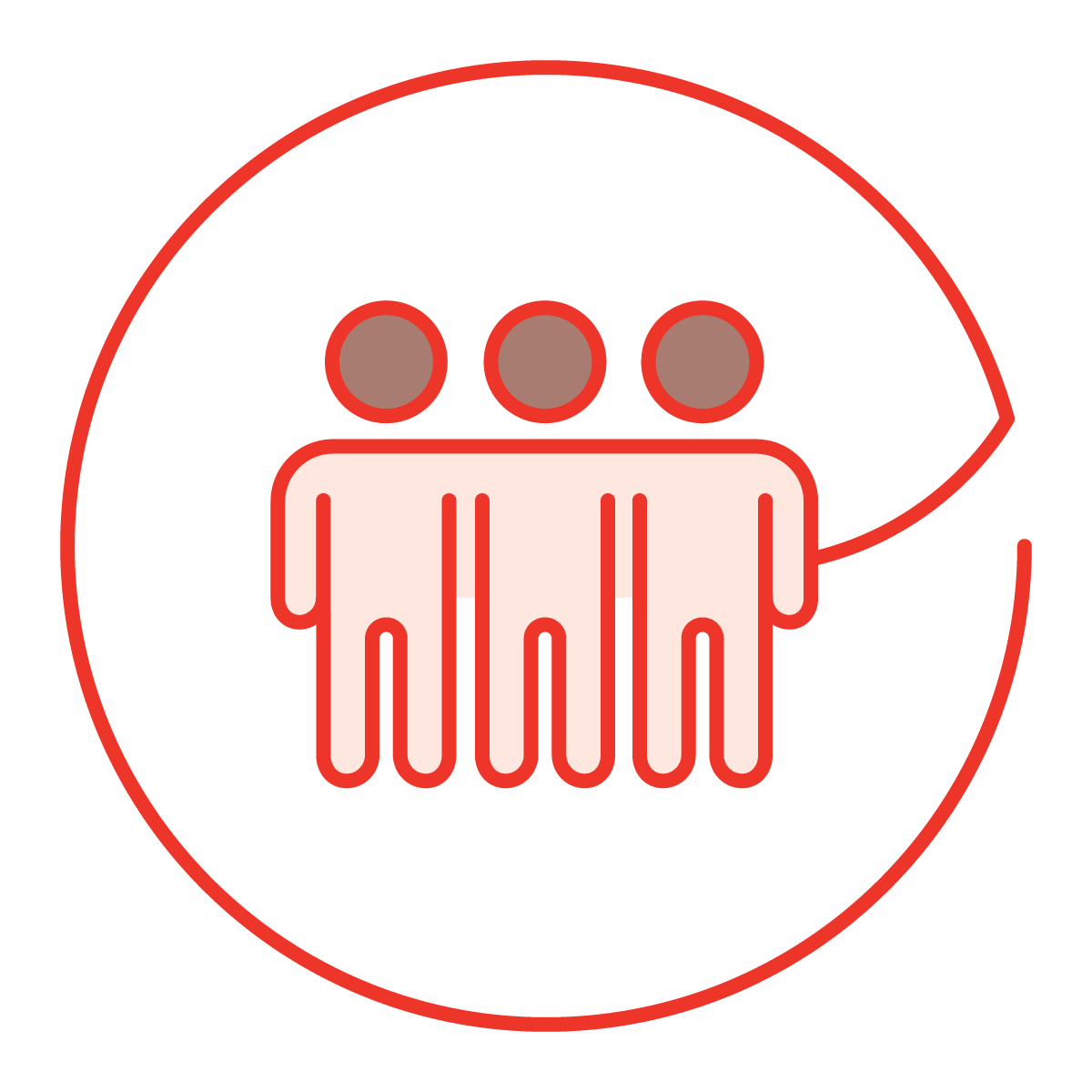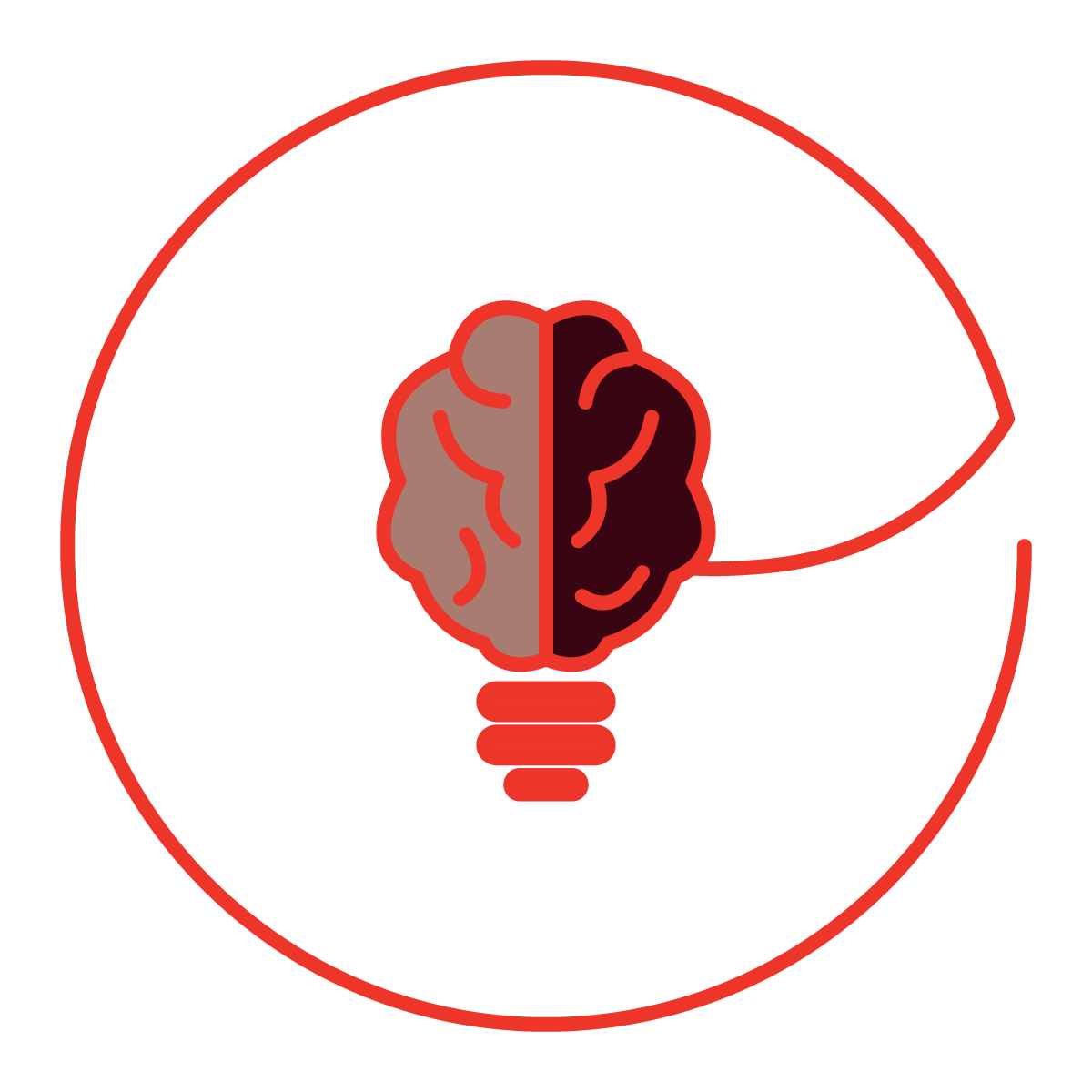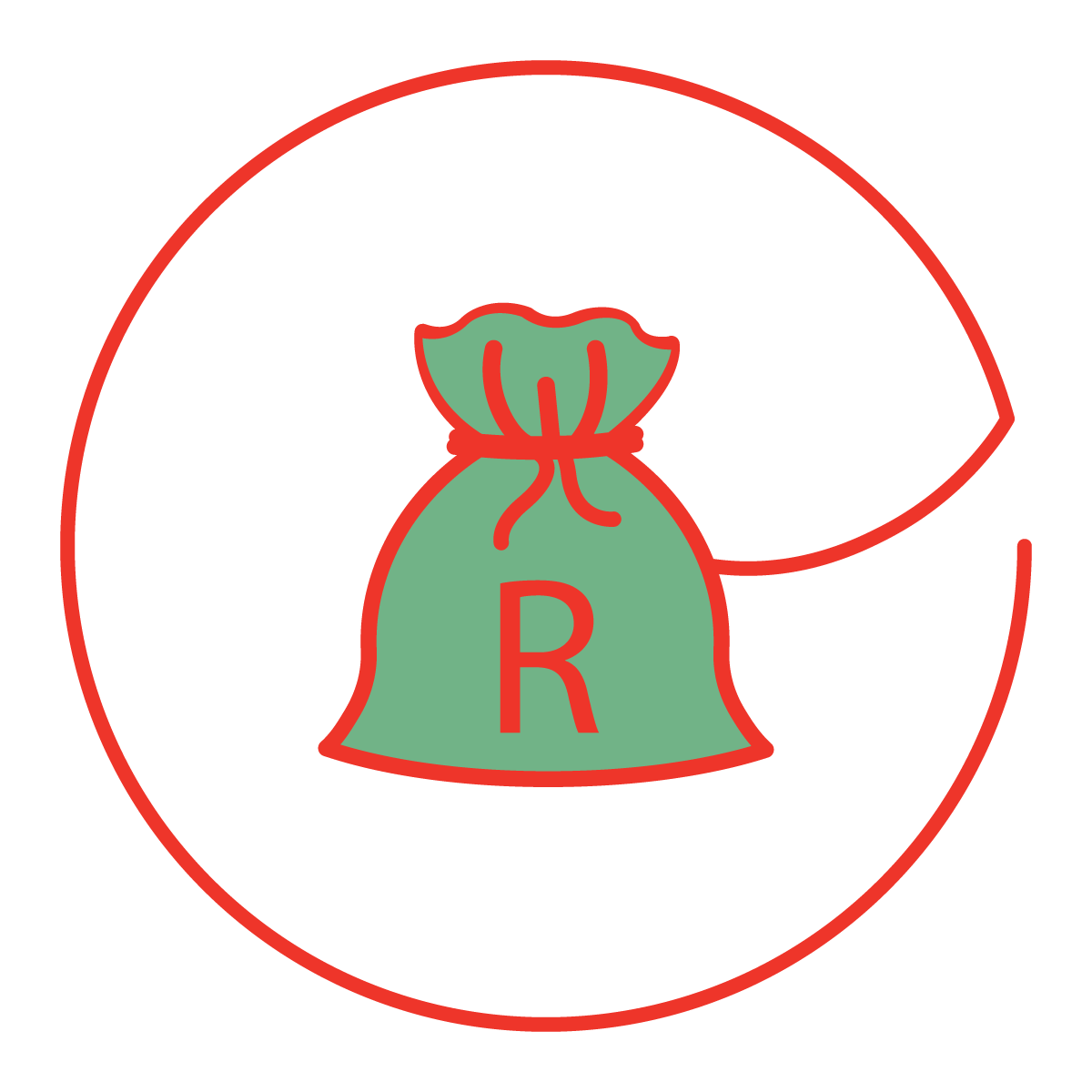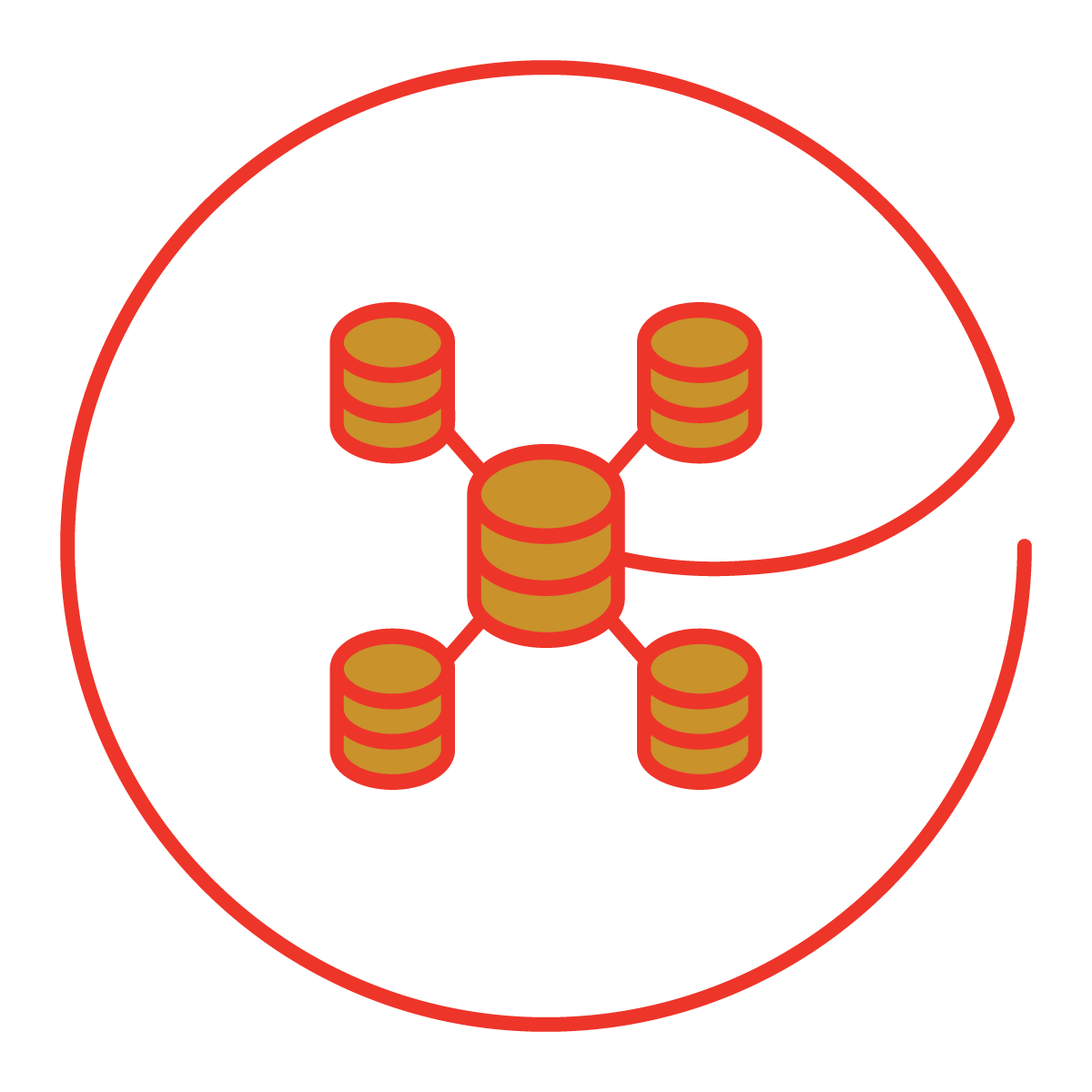OUR CAPITALS
Our Social and Relationship Capital

First and foremost, we are a non-profit organisation that provides the delivery of safe blood to the patients we serve. SANBS’ social capital is the foundation upon which our life-saving mission of providing crucial blood products and services to those in need, is built. By nurturing trust, and upholding relationships, we remain steadfast in our pursuit to positively impact lives.
Our Social Capital - contributing to a sustainable future
Social capital is the cornerstone for enabling collaboration, mobilising vital resources, raising awareness, and fostering a positive societal impact through our mission of providing reliable blood products and services to patients in need.
Social capital lies at the heart of SANBS, embodying the value and strength of the connections, trust, and relationships cultivated with our diverse stakeholders, including donors, volunteers, partners, communities, and the wider public.
Ultimately it is about people who make the difference. Therefore, we establish and nurture relationships founded on trust across all our stakeholders, most significantly our donor and patient communities. We pride ourselves on providing the same level of care, irrespective of whether recipients are from the private or the public sector.
We care about the health of our donors and we have taken proactive steps to safeguard their well-being through the Iron management programme, particularly for those with low ferritin levels. Engaging with communities on multiple fronts serves to heighten awareness and broaden the donor pool. Our outreach extends to educational tours, welcoming schools and universities to our Mount Edgecombe facility, with the aim of inspiring the younger generation to embrace blood donation.
We are also dedicated to those in need of blood products, from new mothers during childbirth to accident victims and ICU patients. This commitment is demonstrated by the introduction of our first smart fridge, a strategic innovation aimed at reducing turnaround times for blood supply to regions where maternal mortality rates are particularly high.
SANBS is committed to supporting the following sustainable development goals (SDGs) through execution of our strategic priorities. These are global goals agreed with respect to economic, environmental and social goals.

Increased life expectancy, access to health services


Promoting learning opportunities for employees and others to remain relevant in the future



Continuous development of our own employees
Knowledge dissemination
Bursaries for employee dependents
Collaborations with universities
SANBS has concluded the following Memorandums of
Understanding (MoU) with Blood Services in the SADC region
See Intellectual and Human Capitals.

Promote inclusive and sustainable economic growth, employment and decent work for all




Investment in research, development and innovation



Develop effective, accountable and transparent institutions at all levels

*Note – see nautarl capital for details relating to SDG 12 and SDG13
SANBS have through efforts relating to corporate social responsibility events made a worthwhile contribution to SGD2

Employee participation in CSR events

Reflecting the diversity of South African society in a workplace defined by our B-BBEE initiatives – measure our contribution to society
We contribute to the socio-economic development (SED) pillar of Broad-Based Black Economic Empowerment (B-BBEE) by hosting blood transfusion related training for HCP, donor education programmes for existing and potential blood donors as well as allocation of bursaries to dependents of SANBS employees.
Our contribution to the Enterprise Development (ED) and Supplier Development (SD) pillar of B-BBEE in the past financial year resulted in us achieving 18.16 points, falling short of the 20 points target. However, key contributors, for which 2 bonus points were received, were the success in at least one ED beneficiary graduating to supplier level and at least one job created as a direct result of ED and SD initiatives.




